विद्या ददाति विनयं विनयात् याति पात्रताम् पात्रत्वात् धनमाप्नोति धनाद्धर्मं तथः सुखम् ॥
~ Knowledge gives humility, from humility comes worthiness, from worthiness one acquires wealth, from wealth (one does) good deeds, thereby attains happiness.
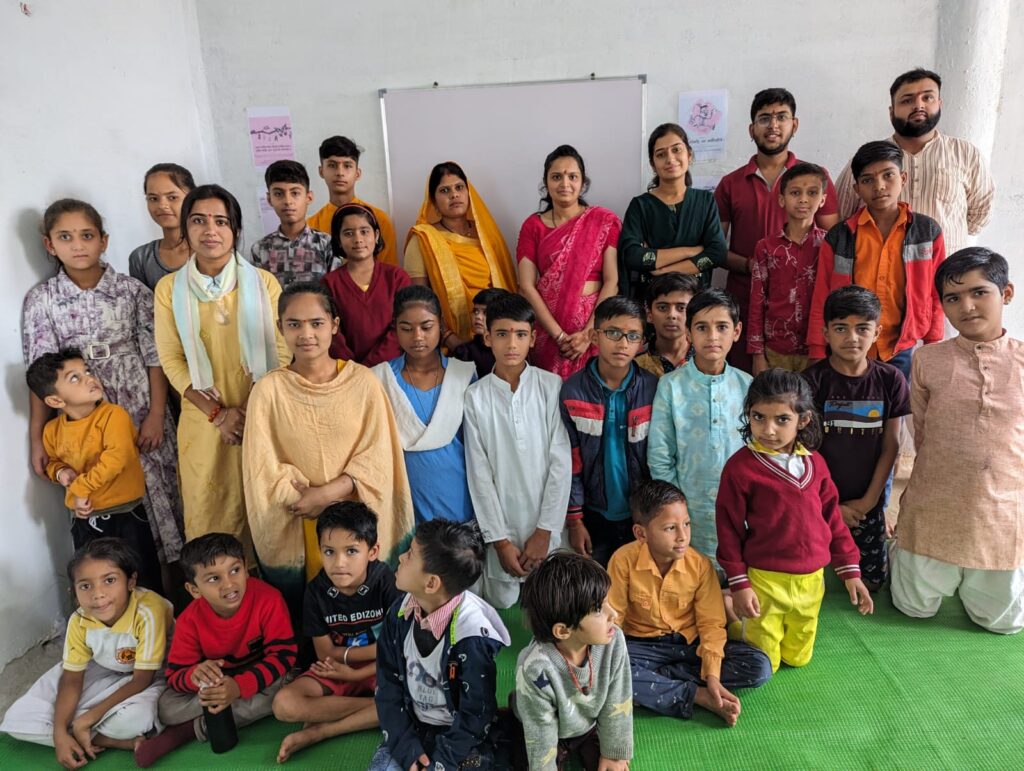
Our Pathashala stands on the foundation of our Bharatiya Gyaan Parampara. We have created a seamless blend of Shastriya Gnana with contemporary subjects and technological advancements to create a holistic educational approach for our students here.
We emphasise a skill-based learning system, guided by our acharyas and traditional parampara, to equip students with practical skills essential for self-reliance and community development. This integration ensures that education imparts knowledge and cultivates essential life skills and awareness.
Now, what is the need for this kind of educational approach?
A blend of the Gurukula system and contemporary subjects is essential for holistic education. Traditional education often neglects cultural awareness, value-based learning, and life skills, focusing mainly on academics. The Gurukula system, with its emphasis on biological, psychological, social, and spiritual growth, fills these gaps. Our pathashala integrates this wisdom with modern subjects like science and technology, ensuring students receive a balanced education.
As per NEP 2020 guidlines, we are ensuring the cultural immersion, ethical values, and practical life skills. Thus, preparing the students to face real-world challenges confidently, fostering well-rounded individuals grounded in their heritage and equipped for contemporary needs.
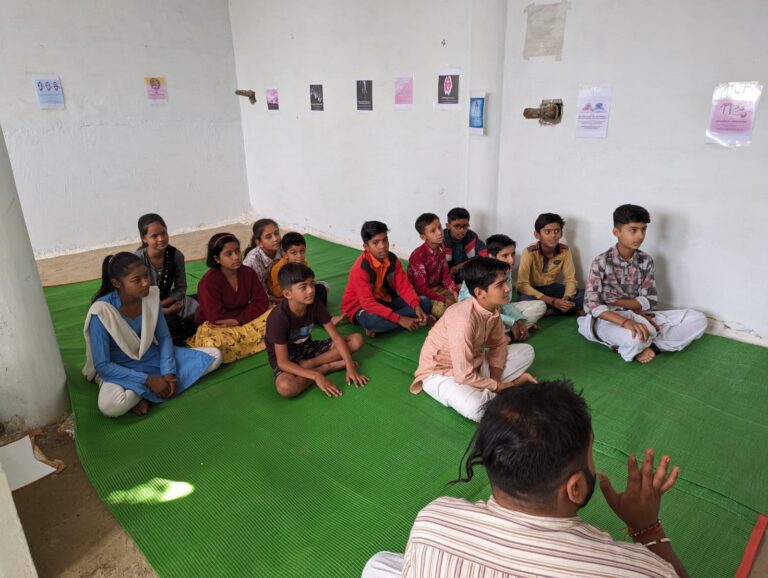
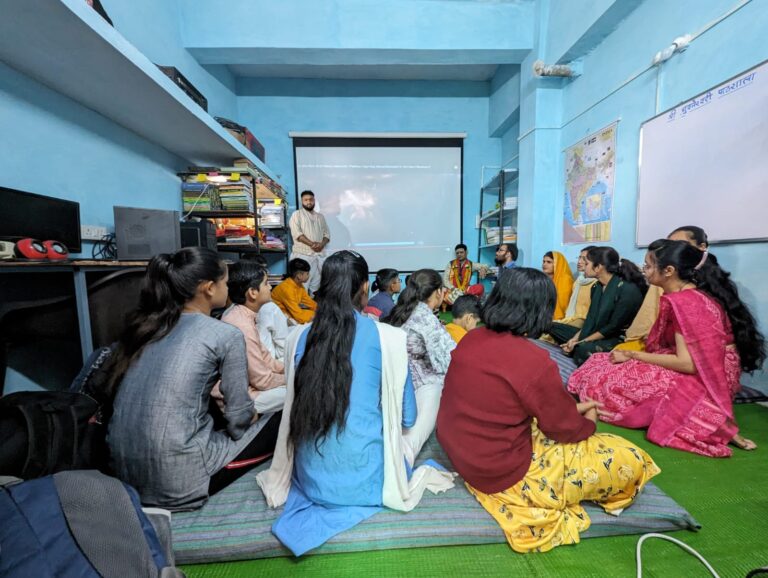
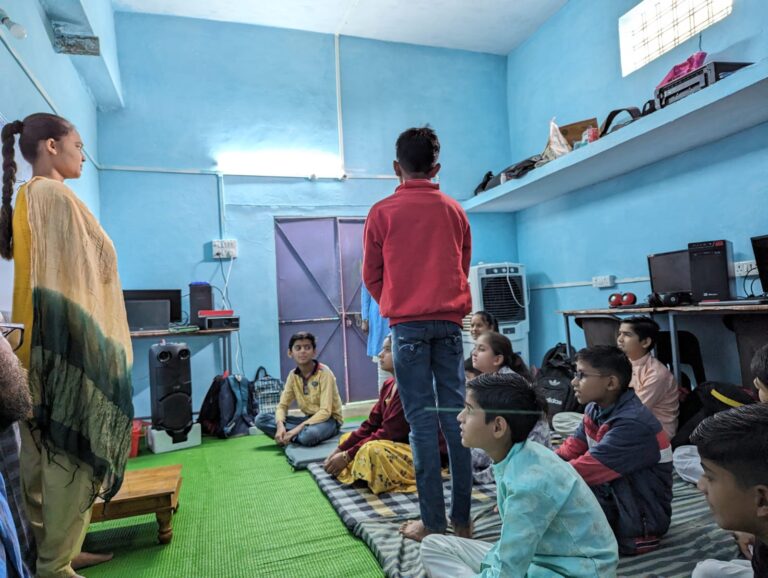
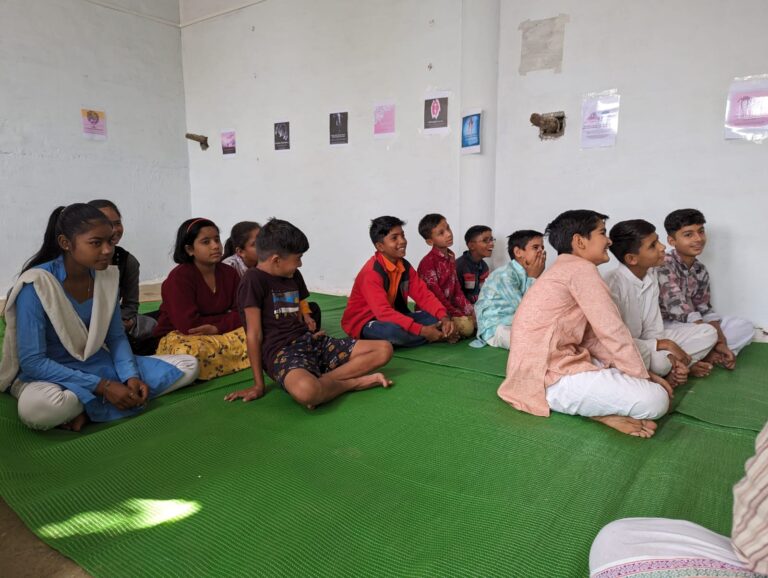
Our Pathashala framework inspired by the work of Deha as well-defined in our scriptures:

Sthula Deha (Gross Body): Physical aspect of existence — here we are going to focus on better infrastructure, space, facilities, and tools keeping in mind our sustainability goals.
Sukshma Deha (Subtle Body): Encompassing the mind, intellect, and ego. Our focus here is the psychological development of students through incorporating Chintana, Manana, and Nididhyasana concepts.
Karana Deha (Causal Body): Essence of our being — Our focus in this domain is going to be the spiritual development of the student along with Bio-Psycho-Social development. Self-reflection through Shastras, Vedic studies, and yoga will foster their connection with themselves.
Traditional art form: “शक्ति शालिनी भव” embodies the strength within

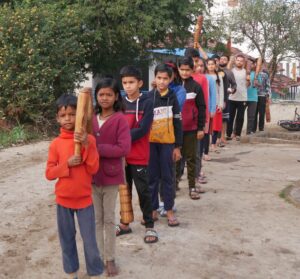
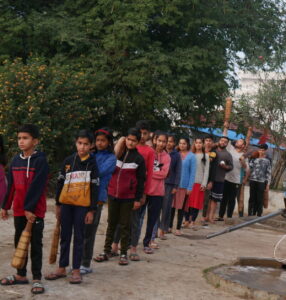
We also focus and physical training and providing invaluable lessons such as self-defence techniques using traditional tools like the club or mugdar, kusti, and lathi. Guided by seasoned instructors, participants learn to harness their inner strength and cultivate a sense of empowerment.
Along with this, We strive our best to make Yoga a part of everyday life, strengthening the mind along with the physique of our children.
Admission Procedure and details
Address: Village Ramgadi,Near Mata Dai Mandir,Chhindwara, Madhya Pradesh 480001
Timings of Pathashala: 9pm to 4 pm
Student’s Eligibility: Any student in the periphery of Ramgadi is invited and welcomed.
Aims and Objectives of our Pathashala
Establish a schooling system based on the traditional pathshala model, integrating Indian knowledge systems with modern technology.
1.Village-Centric Education: Develop high-quality educational institutions in villages to prevent the migration of students to urban areas. This ensures that students remain in their communities, contributing to local development.

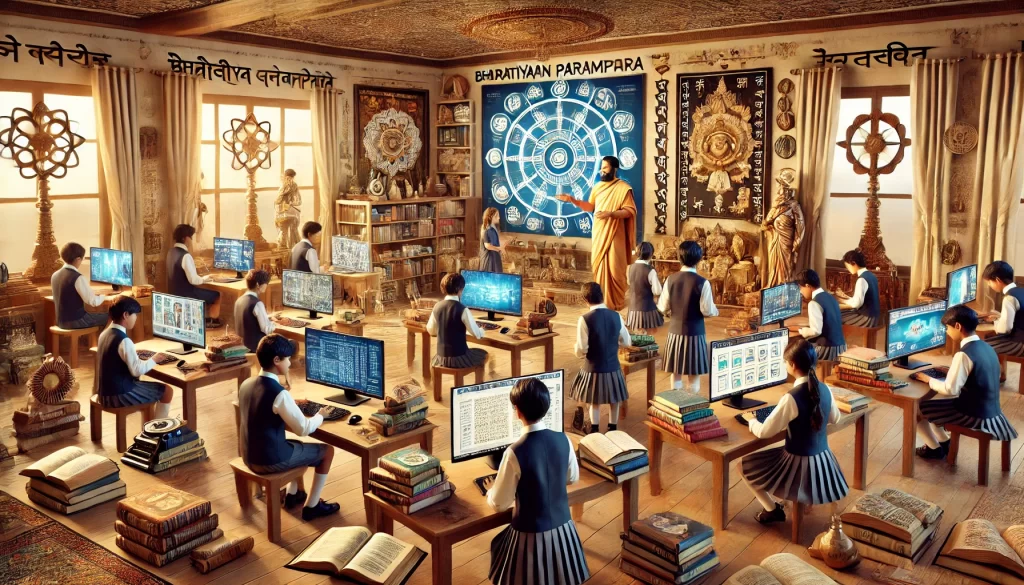
2. Integration of Indian Knowledge Systems: Incorporate Bharatiya gyaan parampara (Indian knowledge traditions) as the foundation of the curriculum, blending it seamlessly with contemporary subjects and technological advancements.
3. Skill-Based Learning: Focus on a skill-based education system guided by our acharyas (teachers) and traditional parampara (lineage). Equip students with practical skills for self-reliance and community development.
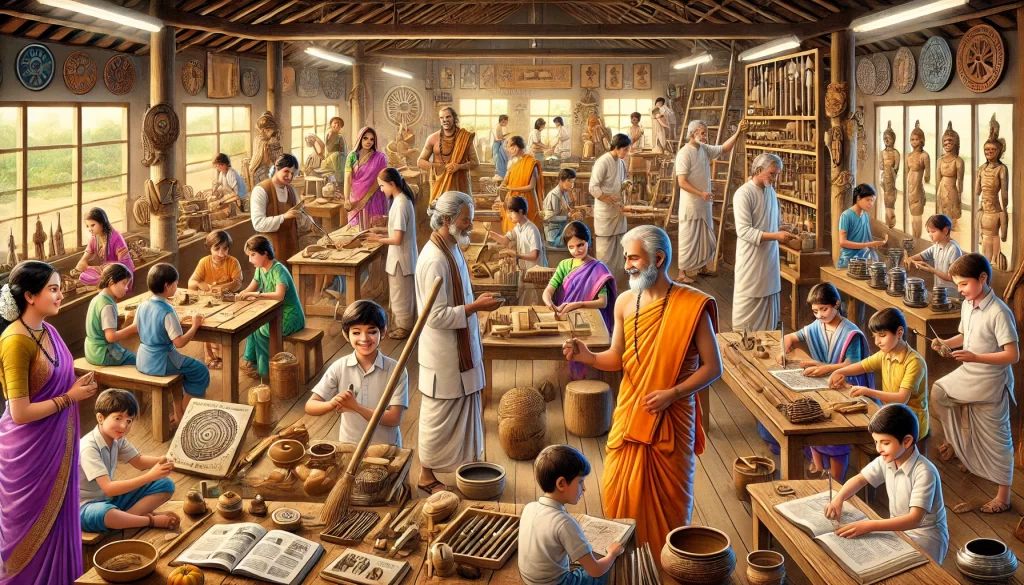

4. Mental Health Programs: Develop programs and workshops aimed at building resilience among students, teaching them coping strategies, stress management techniques, and the importance of mental strength.
5.Pauranic & Shastric Research Studies: Conduct research on blending ancient wisdom with contemporary practices, analyzing traditional Indian self-regulation systems within psychological frameworks, and developing psychological tools.

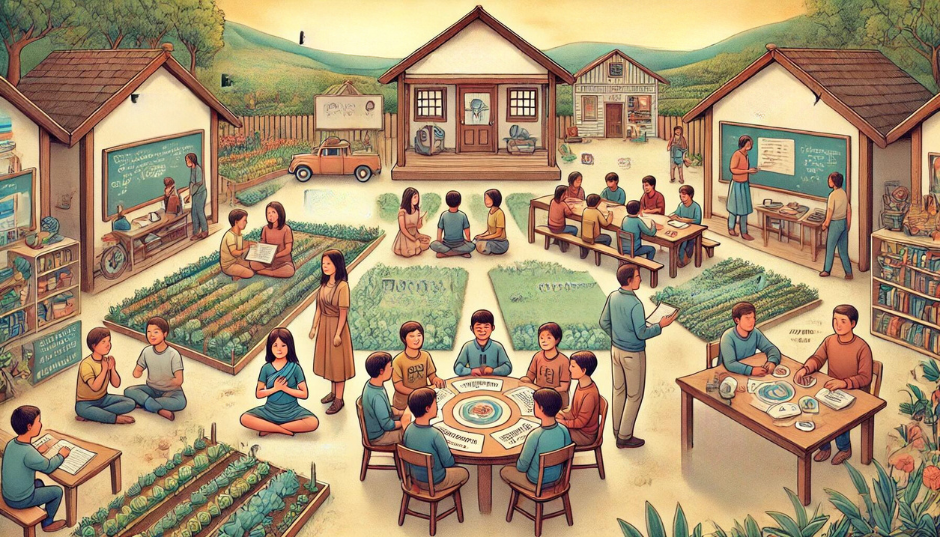
6. Dharmic Approach: Ensure students become experts in various aspects of life, with dharma (righteousness) as the guiding principle. Prepare future leaders capable of addressing global challenges with a strong ethical foundation.
